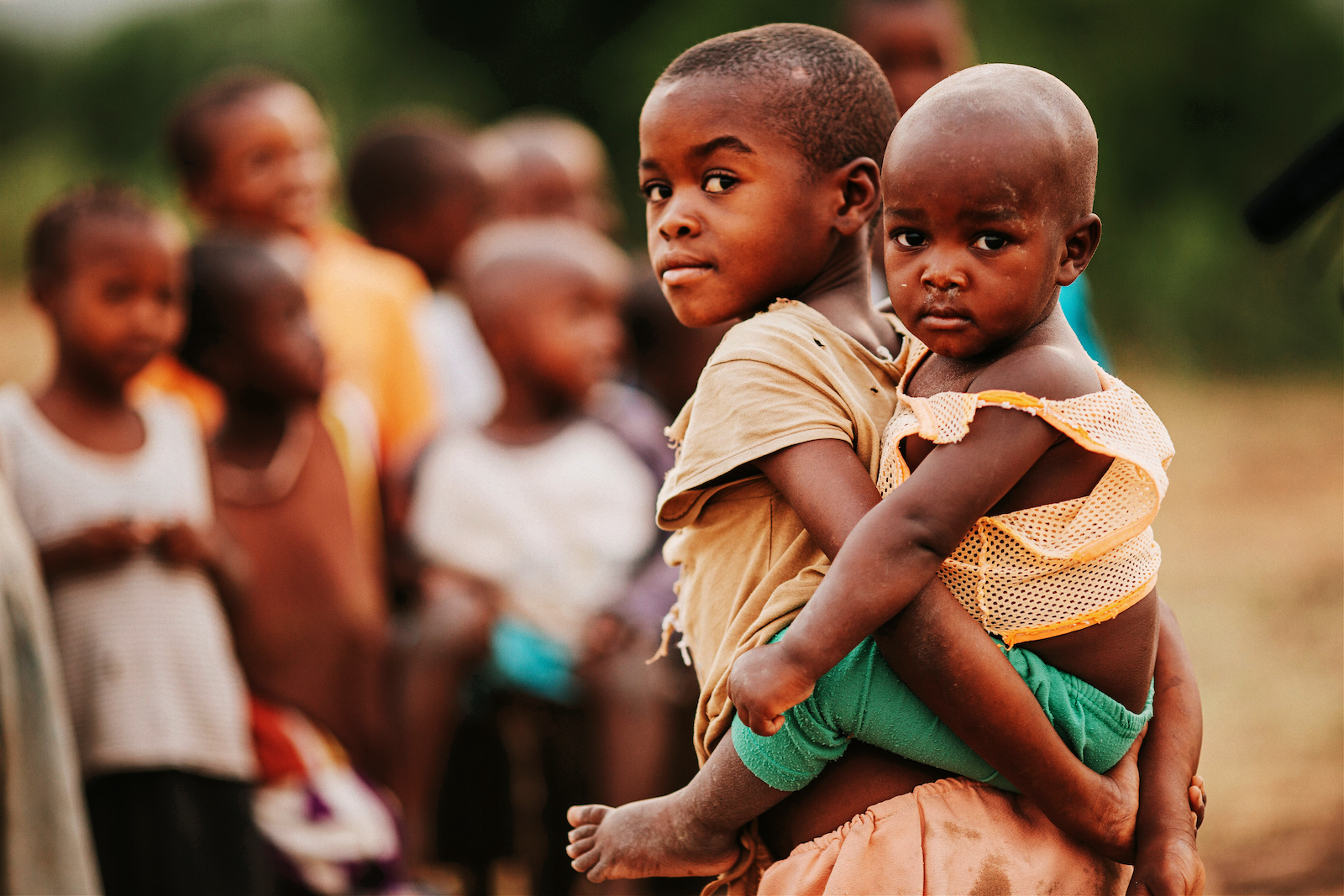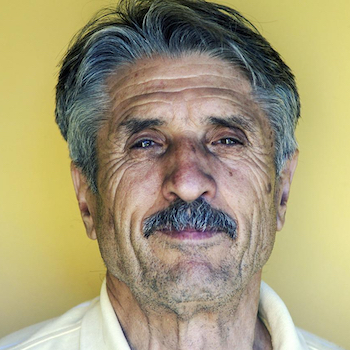
The Unravelling Threads of Progress: Africa’s Daunting Struggle for Security and Rule of Law
The African continent undoubtedly holds tremendous potential, boasting a wealth of natural resources, metals, and minerals, coveted by the world’s most affluent economies. Moreover, it is home to spectacular landscapes and an array of unique species, attracting tourists from across the globe. Its youthful, driven population is eager to learn and make progress in various fields.
Indeed, much has transformed in recent decades. Africa hosts some of the world’s most modern, cosmopolitan cities. The health prospects of its people have improved, and housing and transport networks have seen vast improvements. Science and technology are changing the face of the continent and bringing unprecedented opportunities. Nevertheless, Africa still grapples with issues that hinder its development.
Part of the problem lies in Africa’s sheer scale and the lingering effects of centuries of colonial exploitation. However, the primary factor impeding Africa’s progress today is the absence of security and rule of law.
The 2022 Ibrahim Index of African Governance (IIAG) reveals that Africa’s overall governance score has stagnated since 2019. A significant portion of the continent is less safe, secure, and democratic than in 2012. This stagnation can be attributed to the continuing deterioration of security and the rule of law, as well as the decline in participation, rights, and inclusion. Alarmingly, the pace of decline has accelerated since 2017.
Although other metrics show positive trends, the 2022 IIAG indicates that Africa’s human and economic development has slowed amidst widespread democratic backsliding and worsening security over the past three years.
Approximately 70% of Africa’s population has experienced a decline in security and rule of law since 2012. Only five countries – Guinea-Bissau, Malawi, Seychelles, Somalia, and Zimbabwe – have recorded improvements in the four underlying sub-categories of security and rule of law during this period.
For nearly 90% of Africans, security and safety have diminished since 2012. Hifikepunye Pohamba, Namibia’s former president, and 2014 Ibrahim Laureate, has remarked that lasting impacts cannot be achieved without addressing these issues on the continent.
Pohamba advises that African countries and institutions implement corrective efforts and measures to improve the worsening security and rule of law situation, as suggested by the Mo Ibrahim Foundation’s 2022 IIAG.
This is a daunting task, as much of Africa grapples with the endemic breakdown of law and order. This collapse results in corruption, exploitation, and the further enrichment of the powerful at the expense of the vulnerable majority.
Widespread occurrences of arrests, torture, asset seizures, property rights violations, sexual abuse, human trafficking, and lack of fair trials contribute to the demoralization of the populace. Consequently, individuals lack the motivation and the means to effect lasting change, and potential investors are deterred from engaging with the continent.
Africa’s brain drain, fueled by disillusioned young Africans seeking better prospects abroad, exacerbates the situation. The plight of African migrants garners attention in Europe, but the underlying problems rarely incite enthusiasm. The foreign media has grown weary of the lack of law and order, resulting in minimal coverage and, consequently, a general lack of understanding of the continent’s complexities.
International attention is drawn only during major crises or changes in government. Regrettably, this interest quickly dissipates, and Africa reverts to its familiar state of obscurity.
Nelson Mandela’s struggle, arrest, and eventual release captivated the world’s attention. However, once the world became accustomed to his freedom, interest began to wane. Since his death, South Africa has only sporadically appeared in the news, despite being a nation plagued by economic fragility, stark wealth disparities, rampant corruption, and a pervasive gun culture. One can only imagine the global response if a country like France were to face similar challenges.
Mandela was not the only one to suffer the consequences of challenging government authority. In Rwanda, hotel owner Paul Rusesabagina was convicted in a flawed trial, as noted by Human Rights Watch, for criticizing the government. In Egypt, Seif and Safwan Thabet, owners of dairy producer Juhayna, were detained and pressured to surrender shares in their family business. Despite two years in solitary confinement, the Thabets have yet to be convicted.
In Angola, entrepreneur and philanthropist Jean-Claude Bastos (founder of the Innovation Prize for Africa together with the UN) was held for six months in pre-trial detention without formal charges, then released only after accepting a fraction of the damages owed to him following his victory in the English High Court.
Tanzanian opposition leader Tundu Lissu, a lawyer and member of parliament for the Singida East constituency, and vocal critic of John Magufuli, the late president, has recently returned to his country after five years in exile. Before his departure, Lissu was arrested multiple times and survived an assassination attempt after being repeatedly shot and seriously injured by unknown assailants.
These are but a handful of stories from a continent that too often resists the opportunity for reform. Those in power close ranks and react brutally, perpetuating the cycle of stagnation.
This must change. The United States, the European Union, and other foreign partners must press for lasting reform in Africa. Regrettably, China and Russia’s “no strings attached” approaches to investment do little to improve the situation.
Ultimately, the solution must come from African governments themselves, but they need support and encouragement from the international community. Africa possesses a plethora of positive attributes. The time has come for the continent to emerge from the shadows of its past, shake off the chains of stagnation, and forge a new, prosperous future. Only then will the enchantment of Africa be fully restored, and the stories told about the continent once again inspire awe and wonder.

